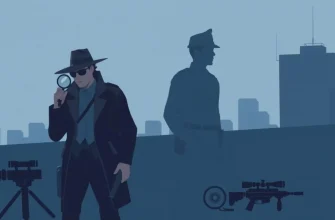If you're a fan of mind-bending plots, high-stakes espionage, and the thrill of the chase, this curated list of spy detective films is just for you. These films not only entertain but also offer a glimpse into the shadowy world of intelligence, where every clue can lead to a breakthrough or a dead end. Whether you're looking for a classic whodunit or a modern twist on the genre, these films will keep you on the edge of your seat.
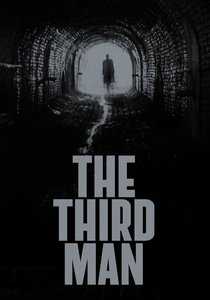
The Third Man (1949)
Description: Set in post-war Vienna, this film follows a writer who discovers his friend is involved in the black market. It's a classic noir with a twist of espionage and unforgettable zither music.
Fact: Orson Welles' character, Harry Lime, was based on a real-life figure, and the film's famous sewer chase scene was shot in Vienna's actual sewers.
 Watch Now
Watch Now

The Manchurian Candidate (1962)
Description: A chilling tale of brainwashing and political intrigue, this film follows a Korean War veteran who suspects he's been programmed as an assassin. It's a psychological thriller with spy elements.
Fact: The film was controversial for its political themes and was pulled from circulation for several years after JFK's assassination.
 Watch Now
Watch Now
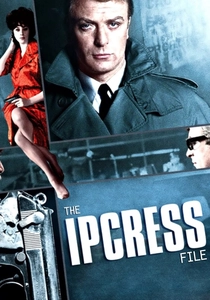
The Ipcress File (1965)
Description: Harry Palmer, a working-class British spy, investigates the kidnapping of scientists in this stylish adaptation of Len Deighton's novel. It's a departure from the suave spy archetype, offering a more grounded view of espionage.
Fact: Michael Caine's portrayal of Harry Palmer became iconic, and the film's title sequence was designed by the legendary Saul Bass.
 Watch Now
Watch Now
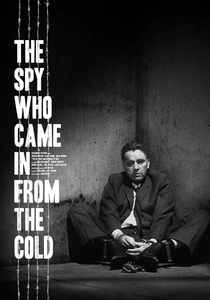
The Spy Who Came in from the Cold (1965)
Description: Based on another le Carré novel, this film follows a British agent who must pretend to defect to East Germany to expose a double agent. It's a gritty, realistic portrayal of the spy game during the Cold War.
Fact: Richard Burton's performance was so compelling that he was nominated for a BAFTA Award, and the film was shot on location in London and Berlin.
 Watch Now
Watch Now
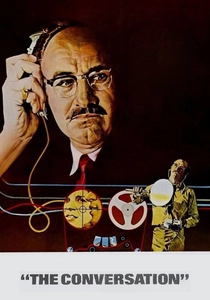
The Conversation (1974)
Description: A surveillance expert, played by Gene Hackman, becomes increasingly paranoid as he uncovers a potential murder plot through his recordings. This film explores themes of privacy, surveillance, and moral ambiguity.
Fact: Francis Ford Coppola wrote the screenplay in the late 1960s, inspired by Michelangelo Antonioni's "Blow-Up," and it was nominated for three Academy Awards.
 Watch Now
Watch Now
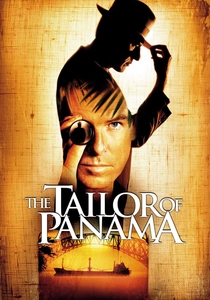
The Tailor of Panama (2001)
Description: A British spy recruits a tailor in Panama to gather intelligence, leading to a web of lies and deception. It's a darkly comedic take on the spy genre, with a stellar cast.
Fact: The film is based on a novel by John le Carré, and Pierce Brosnan plays against type as the less-than-heroic spy.
 Watch Now
Watch Now
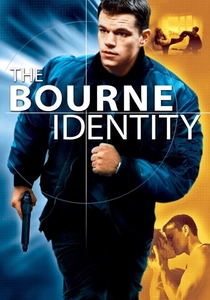
The Bourne Identity (2002)
Description: Jason Bourne, a man with no memory, must piece together his past while evading assassins. This film blends action with a detective story, making it a standout in the spy genre.
Fact: The film was a major success, leading to a franchise, and Matt Damon's performance was praised for bringing depth to the character.
 Watch Now
Watch Now
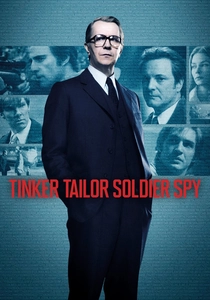
Tinker Tailor Soldier Spy (2011)
Description: This film adaptation of John le Carré's novel dives deep into the murky waters of Cold War espionage, focusing on the hunt for a Soviet mole within the British Secret Intelligence Service. It's a masterclass in subtlety and tension.
Fact: The film was shot in a way to mimic the look of the 1970s, and Gary Oldman's performance as George Smiley was critically acclaimed, earning him an Oscar nomination.
 Watch Now
Watch Now
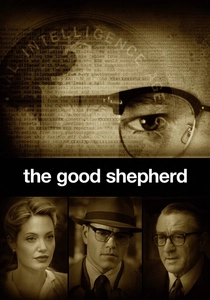
The Good Shepherd (2006)
Description: This film traces the early days of the CIA through the life of Edward Wilson, exploring themes of loyalty, betrayal, and the personal cost of espionage.
Fact: Matt Damon and Robert De Niro, who also directed, both give compelling performances, and the film was praised for its historical accuracy and attention to detail.
 30 Days Free
30 Days Free
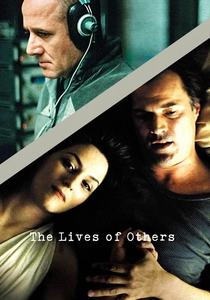
The Lives of Others (2006)
Description: While not a traditional spy film, this German drama explores the life of a Stasi officer who becomes engrossed in the lives of the people he's surveilling, leading to a profound personal transformation.
Fact: The film won the Oscar for Best Foreign Language Film, and its portrayal of surveillance was eerily prescient.
 30 Days Free
30 Days Free





